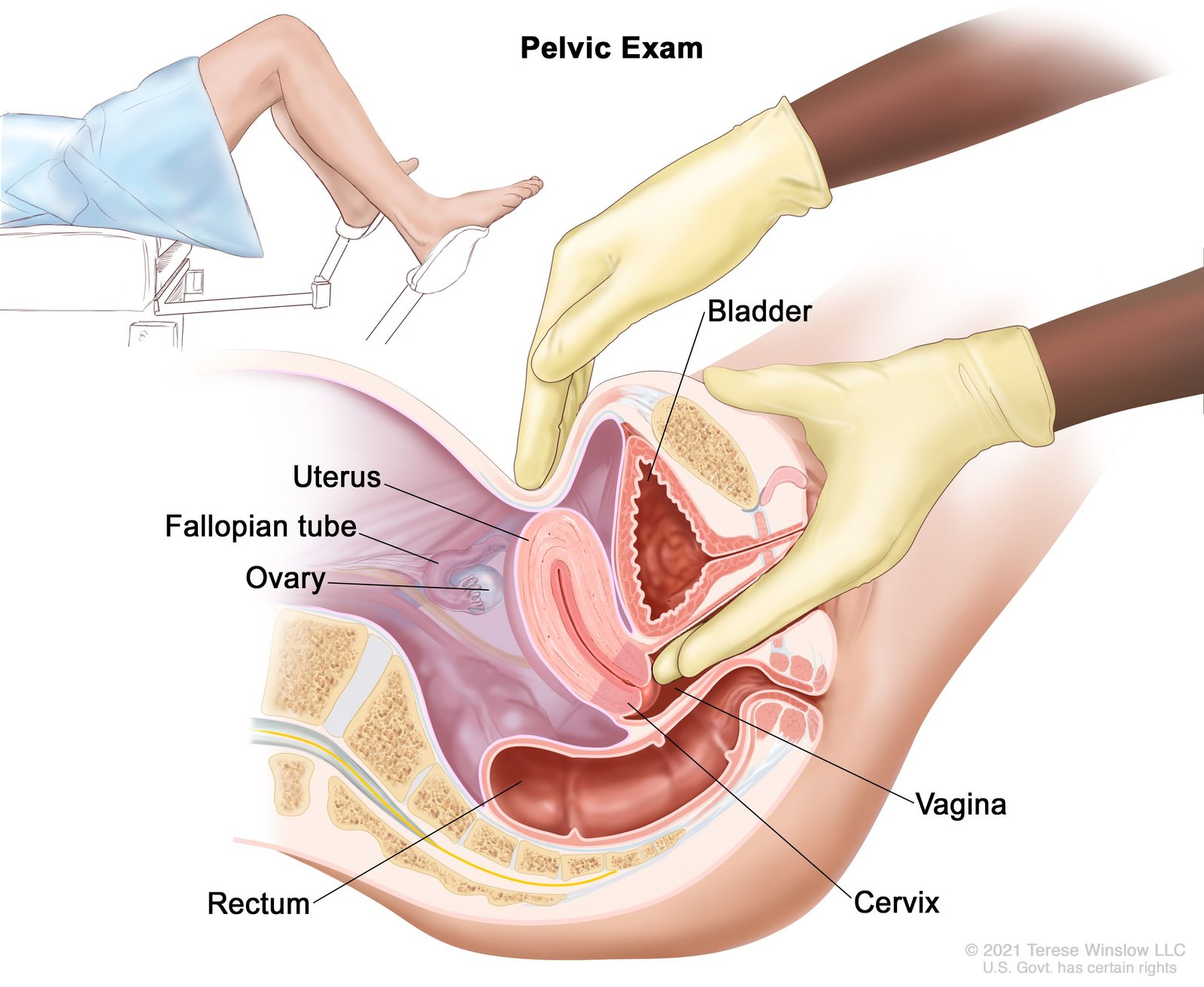Vulvar Cancer Surgery
Vulvar Cancer Surgery
Understanding Vulvar Cancer
Vulvar cancer is a type of cancer that begins in the tissues of the vulva, the external genital area of a woman's body. While it is not as common as other types of gynecological cancers, such as cervical or ovarian cancer, vulvar cancer can still have a profound impact on a woman's life.
The exact cause of vulvar cancer is not always clear, but certain factors may increase the risk of developing the disease. These risk factors include:
- Human papillomavirus (HPV) infection: HPV is a common sexually transmitted infection that can increase the risk of developing vulvar cancer.
- Smoking: Tobacco use has been linked to an increased risk of vulvar cancer.
- Chronic skin conditions: Certain chronic skin conditions, such as lichen sclerosus, may increase the risk of vulvar cancer.
Recognizing the Signs and Symptoms
Early detection of vulvar cancer is key to successful treatment outcomes. It is important for women to be aware of the signs and symptoms of vulvar cancer, which may include:
- Persistent itching, pain, or tenderness in the vulvar area
- A lump, sore, or wart-like growth on the vulva
- Changes in the color or texture of the skin of the vulva
- Bleeding or discharge not related to menstruation
- Pain or difficulty urinating
If you experience any of these symptoms, it is important to see a healthcare provider for evaluation and diagnosis.
Diagnosis and Treatment
Diagnosing vulvar cancer typically involves a combination of physical examination, biopsy, and imaging studies such as ultrasound or MRI. Once a diagnosis is confirmed, the treatment plan will depend on several factors, including the stage and location of the cancer, as well as the patient's overall health and preferences.
- Surgery: Surgical removal of the cancerous tissue is often the primary treatment for vulvar cancer. The extent of surgery will depend on the size and location of the tumor.
- Radiation Therapy: Radiation therapy may be used before or after surgery to destroy cancer cells and reduce the risk of recurrence.
- Chemotherapy:Chemotherapy may be used in combination with surgery or radiation therapy to treat advanced or recurrent vulvar cancer.
Conclusion: Seeking Support and Care
A diagnosis of vulvar cancer can be overwhelming, but it is important to remember that you are not alone. There are healthcare providers and support resources available to help guide you through diagnosis, treatment, and recovery. If you have any concerns about your vulvar health or experience symptoms suggestive of vulvar cancer, do not hesitate to seek medical attention. Early detection and timely intervention are key to achieving the best possible outcomes.

